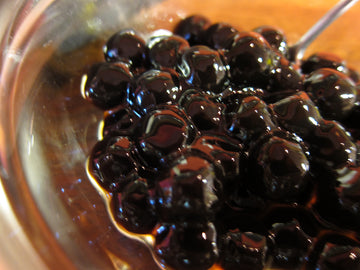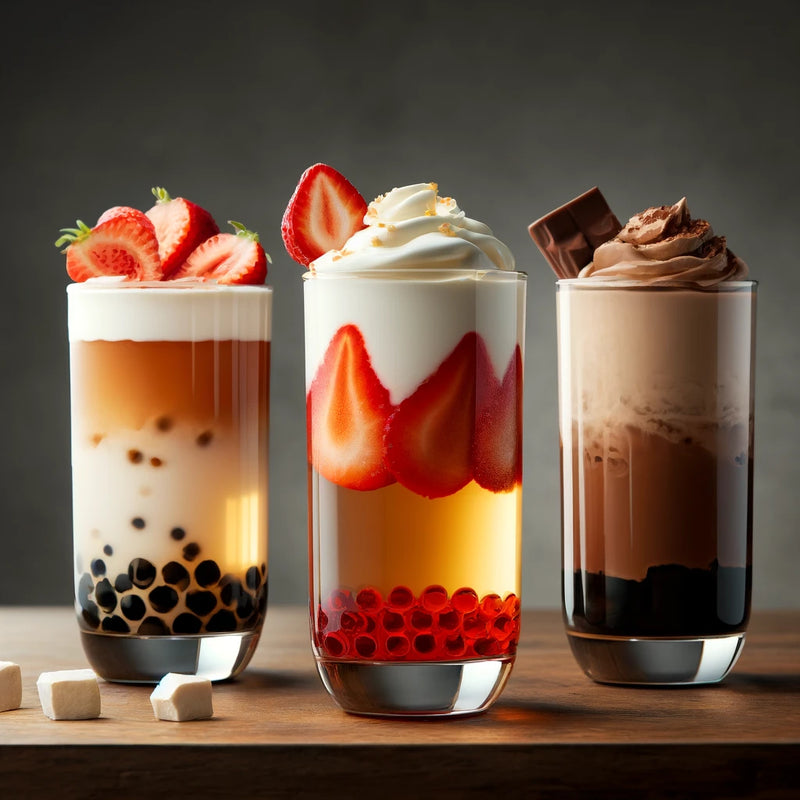Introduction
The world of culinary delights is a vast realm filled with unique and fascinating creations. Among these, tapioca pearls stand out as tiny, chewy gems that enhance the experience of bubble tea and other delightful treats. Have you ever wondered how these small, translucent orbs are made? Join us as we embark on a journey into the art of crafting tapioca pearls, a process that combines tradition and innovation to create the delectable pearls we adore.
The Tapioca Journey Begins: Sourcing and Preparation
Tapioca pearls are derived from cassava, a starchy root that originates from South America. The process of creating tapioca pearls starts with the careful selection and cleaning of cassava roots. Once cleaned, the roots are peeled, grated, and then subjected to a meticulous process to extract the starchy liquid. This liquid is then processed to form a dough-like substance.
Turning Dough into Pearls: Shaping and Forming
The dough obtained from the cassava liquid is the heart of the tapioca pearl-making process. This dough is kneaded and rolled into thin, long ropes, and then cut into small, uniform pieces. The small pieces of dough are then hand-rolled into tiny spheres, giving birth to the characteristic tapioca pearls. Innovation has also played a role in streamlining this process. Modern manufacturers employ machinery that automates the rolling and shaping process, ensuring consistency in size and texture. However, the traditional hand-rolling method still holds a special place in some artisanal tapioca pearl establishments.  The Boiling Transformation: Cooking the Pearls
The Boiling Transformation: Cooking the Pearls
Once the pearls have been shaped, they undergo a crucial step – boiling. The pearls are boiled in hot water until they achieve their desired texture – a balance between softness and chewiness. The boiling process also enhances the pearls' translucency, making them visually appealing in various beverages.
Sugar Syrup Infusion: Adding Sweetness and Flavour
After boiling, the tapioca pearls are transferred to a sugar syrup bath. This syrup not only imparts sweetness but also adds a hint of flavor to the pearls. The pearls soak in the syrup, absorbing its essence and becoming infused with delightful taste.
Final Touches: Cooling and Storage
Once the pearls have been infused with sweetness and flavor, they are cooled down. The cooling process halts any further cooking and helps the pearls retain their desired chewiness. After cooling, the tapioca pearls are ready to be incorporated into a variety of culinary creations, with bubble tea being one of the most popular choices.
Conclusion
The journey from cassava root to tapioca pearls is a captivating one, blending age-old techniques with modern innovations. The intricate steps involved in crafting tapioca pearls showcase the dedication and skill of artisans who strive to bring this delightful ingredient to life. As you savor the chewy goodness in your next bubble tea, take a moment to appreciate the craftsmanship and care that goes into each tiny pearl. From the fields to your cup, tapioca pearls are truly a testament to the artistry of food creation.






